A History Of Gay Pride Festivals In Liverpool
The first ever recorded gay pride Liverpool event took place June 22, 1979. The one-off event was a week long celebration in remembrance of the New York stonewall riots, which took place 10 years earlier. The event was one of the first recorded gay pride United Kingdom events, the first was a march of 700 people in central London in 1972. Between 1990 and 1992 there were various unofficial gay pride events in Liverpool, thanks to the efforts of Liverpool Lesbian And Gay Action Group along with local art bodies and local gay pubs from Liverpool. The Liverpool Lesbian And Gay Action Group is in no way affiliated with the current Liverpool Pride events. The current Liverpool Pride is sponsored by public authorities, has a legal frame work, and is only a weekend long event as opposed to an entire week. The gay pride Liverpool events that happened in the 90's were focused more on local artistry, workshops, culture, and education, instead of the current live performance stages and party scene that it is now. The events in the 90's had a larger political element, attempting to highlight the difficulties of living as a gay person during the time, since homosexual men and women at the time still faced intolerance with the infamous section 28 in the Local Governments Act which stated no one "shall not intentionally promote homosexuality or publish material with the intention of promoting homosexuality" or "promote the teaching in any maintained school of the acceptability of homosexuality as a pretended family relationship".
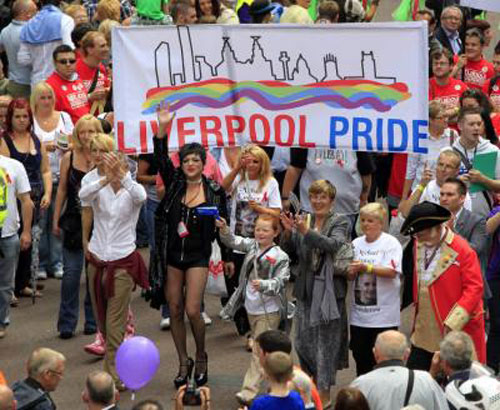
The festivities took a short break before returning in 1995 with the new name "Mersey Pride". The festivities were much smaller in attendance with 1200 attendees, and succeeded more as a political statement. The Liverpool Lesbian and Gay Pride of the early 90's paved the way for the current Homotopia and Liverpool Pride festivals.
Until 2010, Liverpool was the largest major city in the United Kingdom to not host its own gay pride event since it took a lot of campaigning to get a regular lasting festival in the city. In 2008 the attempts for a festival took a significant turn when the newly established Liverpool LGBT Network voted that one of their main priorities was to establish a regular gay pride event in Liverpool. A motion was tabled by Labour Councillor Nick Small to the Liverpool City Council on January 28th 2009, which was approved by a vote of 74-2 in favor. The city council stated that they wanted the festival to "celebrate the city’s diversity, be an opportunity to raise money for charitable causes and boost the city’s visitor and night time economies"
The first official Liverpool Gay Pride event took place in the gay quarter in 2010 at the downtown location of Dale Street and Stanley Street. The next year in 2011, due to funding issues, the festivities were moved to the cities Pier Head, to major backlash from the gay community. The community planned to boycott the event, and in response to this, 30 local businesses in and around Stanley St and the gay quarter came together in partnership with the Liverpool Gay Village Business Association to create a free event along the main street in the cities gay village. by 2012, the festival had found a more unified approach by splitting the festivities between both locations, and the festival has continued on smoothly since.
Current Liverpool Gay Pride Events
Liverpool Pride
The current Liverpool Gay Pride festival is a weekend-long celebration of the LGBT community that is held at the Pier Head and Gay Quarter neighborhoods in central Liverpool. The festival is held every year on the closest weekend to August 2nd, in commemoration of a young gay man named Michael Causer who was killed in the city in 2008. The gay pride Liverpool festival has grown to become the largest free gay pride festival in the United Kingdom. The 2013 Liverpool gay pride festival was attended by over 75,000 people. The Liverpool gay pride festival consists of a parade and march on the Saturday as well as an open air street festival with stages and live performances in the cities Pier Head area. Each year, the festival is given a theme that is voted on by the residents of the city. Past Gay Pride Liverpool themes have been Super Heroes, Nautical But Nice, Summer of Love, and Rainbow Circus.
Gay Pride Liverpool Official SiteGay Pride Liverpool Facebook Page
Gay Pride Liverpool Twitter
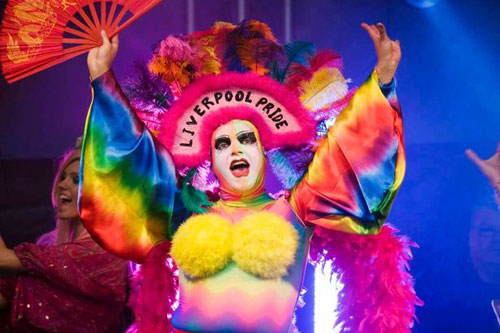
Homotopia
Homotopia is an international LGBT festival that takes place annually in Liverpool and in many major cities across Europe. The festival is held every year in November and hosts live theater performances as well as, film, music, dance, photography, and many other types of art in venues across Liverpool and many other major european cities. Homotopia started in 2004 and is the only festival of its kind in Northern England.
Homotopia Official SiteHomotopia Facebook Page
Homotopia Twitter Page
History Of Liverpool Gay Pride
Liverpool has a long and disputed history when it comes to gay culture and acceptance, as there are many contrast and contradictions. We'll start our look into Liverpool's gay pride history at the start of the second World War, during this time Liverpool had earned itself the label of the "gay centre of the north". It was Liverpool's role as the great port of the British Empire that led to major influx of merchant ships and passenger liners carrying gay soldiers, stewards sailors, and airmen intent on spending their money in the city. There was also a very popular belief from most people that death was always around the corner, since bombing campaigns and warfare we're happening on a regular, and these factors led to a "live for the moment" lifestyle that contributed to smaller pockets of unofficial and semi-secret gay bars and cottages popping up. Some of the frequented gay bars in the area were Stork Hotel, Magic Clock, Royal Court bar, Old Royal and the Basnett Bar and a few other a bit off the main strip like Black Cat and Bear Paws. The neighborhood provided asylum for gay men and women well into the 1960's, but was typically patroned by individuals who were open about their sexuality and aware of the criminality since sex between men was still against the law. The lifestyle was relatively tolerated by law enforcement, but people in the area were still cautioned to stay safe. There were many regular spots in Liverpool for gay men to mingle during the 60's, such as cinemas like the playhouse theater where the cast and audience were known to be very friendly with each other. Cottaging was also still happening in bathrooms all over the city, men would frequent them regularly coming home from work, but a lot of men were caught in arrested by police stings trying to catch men doing illegal sex acts. Lesbians were not as prominent in public during this time since they did not intermix with the gay men, and instead preferred to meet in private houses. Articles appearing in papers around the time, like the Liverpool University Guild Gazette, still talked about homosexuality in a negative manner using terms such as sodomite, perversion, and illness.
By the 1970's, Liverpool has established its own branch of the Campaign For Homosexual Equality at Liverpool University. The society championed for gay rights and also helped to influence the national student debate surrounding homosexuality at rallies and protests. By 1975, most of the bars that provided a safe haven for gay men had been demolished so that the new shopping centre, St. John's Shopping Centre, could be built. The "Bar Royal" quickly became the place to be on Wood Street. Patrons were subjected to a heavy vetting process from the bars owner Sadie, after which she would bolt the main door shut. The spot quickly became a hub where all types of homosexual men and women could mix with transexuals and transvestites in harmony. Near the end of the 80's most of the groups had separated as the heterosexual "New Romantics" movement had started. The bar was briefly shut down and was boycotted due to rampant misogyny, then finally in the late 80's the bar finally closed when Sadie died. During the late 80's the Aids epidemic had reached its height and tensions were high with the Section 28 law stating that no business could intentionally promote homosexuality.
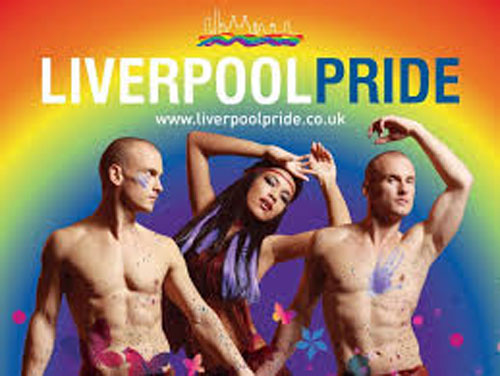
Liverpool Gay Pride Milestones
Liverpool has an impressive amount of firsts when it comes to LGBT gay rights, it has a rich history of moments that helped shape and define the landscape of gay rights in the country.
1960 - April Ashley became first transsexual in England, she was born in Liverpool.
1976 - The first, and currently longest running, LGBT youth group was established in Liverpool, Gay Youth R Out (GYRO).
1985 - Brookside, a Liverpool produced soap opera featured the first openly gay character on British television. In 1994, the same program aired the first ever lesbian kiss on British television.
1997 - Angela Eagle became the first openly gay lesbian MP, and in 2008 she became the first Member of Parliament to enter into a civil partnership.
2001 - The first ever gay wedding was broadcast live and took place on "This Morning" show, and involved Liverpool's Albert Dock.
2010 - The Liberal Democratic, at their Liverpool party conference, became the first major political party in the UK to endorse same-sex marriage.
2011 - Liverpool was the first British city to officially recognize the gay quarter neighborhood by adding rainbow street signs.
2012 - Liverpool Football Club was the first Premier League team to represent at a UK pride festival at the Liverpool Gay Pride Parade.
2013 - Everton F.C. was the Premier League Team to have their players wear rainbow laces in support of an anti-homophobia campaign.
The Present Day Landscape Of Gay Pride Liverpool
In the early 2000's, Liverpool's gay community had become much more visible in the public, yet Liverpool was still often compared to its northern counterpart Manchester, with its successful gay village and Mardi Gras, had become regularly referred to as the "gay capital of the north". Liverpool was often criticized for its lack of provisions when it came to the cities gay community. It had been over a decade since the city had hosted its own pride event and the debate about creating an official gay distract in and around Stanley Street was still unresolved, but was gaining momentum. In 2004, the city saw the birth of the Homotopia Festival and the first Liverpool Lesbian and Gay Film Festival, which together ambitiously provided festivities and culture for the LGBT community in the city. At the time, Homotopia's Festival Director Gary Everett spoke about his excitement surrounding the festivities by saying "The City is experiencing one of the most exciting chapters in its history, and I hope that this event will unleash the creative energies". The next year in 2005 the Mersey Marauders, Liverpool's first gay football team, was launched while the city still debated the gay village issue.
The Future Of Gay Pride In Liverpool
The Liverpool Gay Pride Festival is a staple of the city now and doesn't seem to be going anywhere. With Liverpool always being on the fore-front or gay rights, and gay rights being more and more accepted in our modern society, the future of gay pride in Liverpool is very bright. The Liverpool Gay Pride festival only gets larger every year and will continue to do so. Society as a whole is moving towards a more common stance of acceptance for gay rights across the board. In our day in age, its more common and accepted to be accepting of different lifestyles. The days of prosecution and living in fear are over in our current civil societies. There are places in the world where that is still the case unfortunately, but for a large cities in major progressive countries, things are only gonna get better.
You can find out more about gay pride UKhere and read about the history and culture of gay pride in cities all around the world. Manplay.com has everything you need to know about gay pride and gay marriage all over the world.

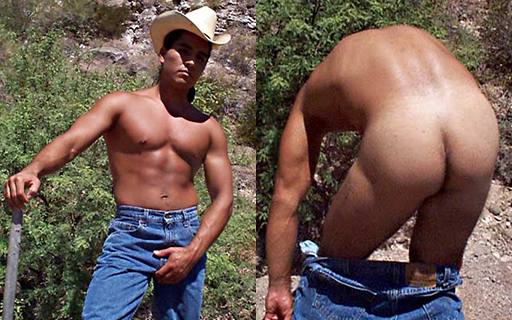
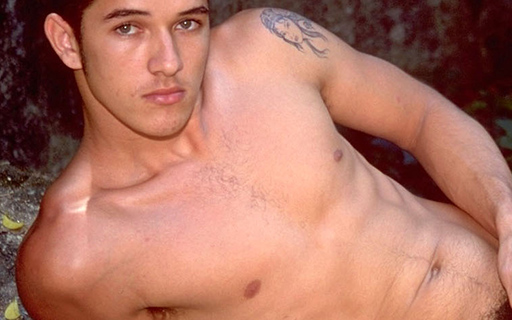
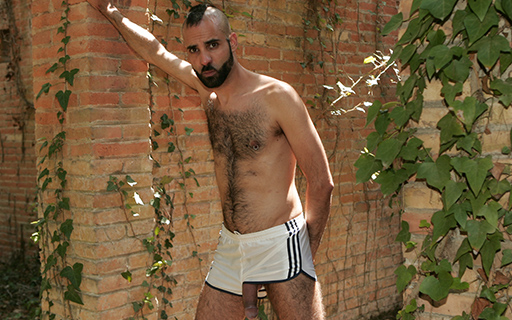
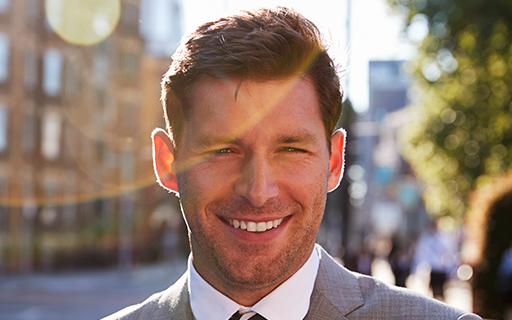
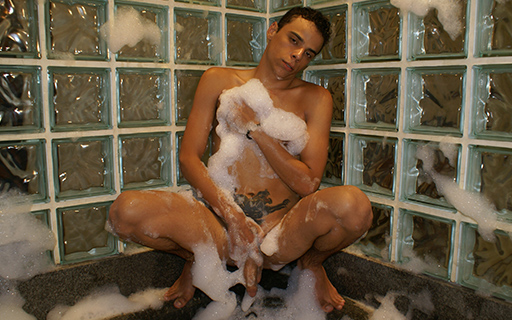

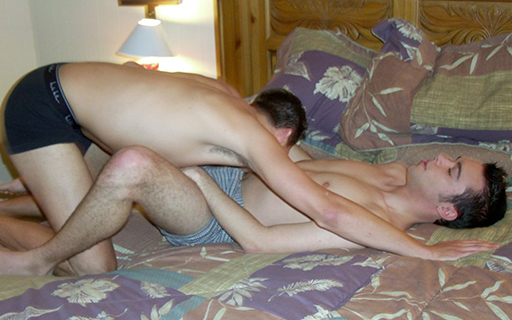
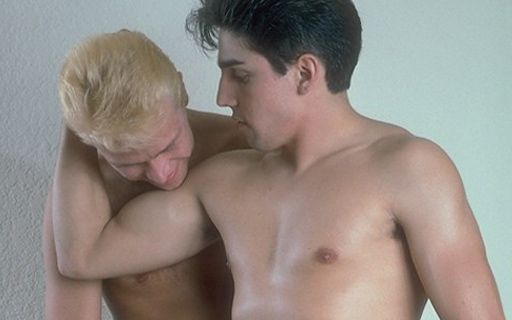
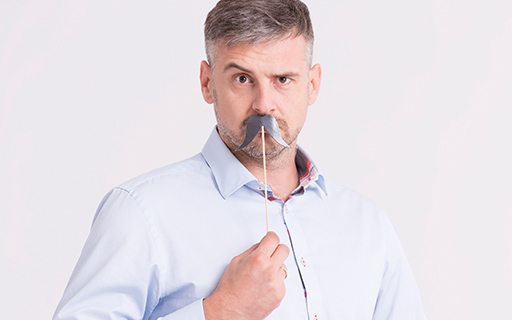
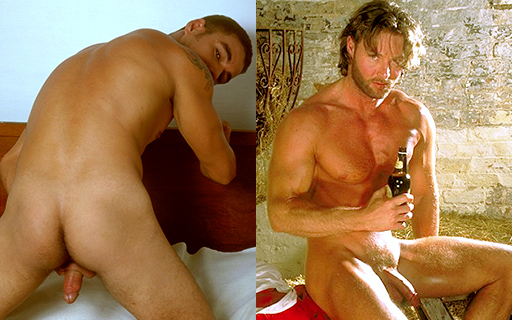

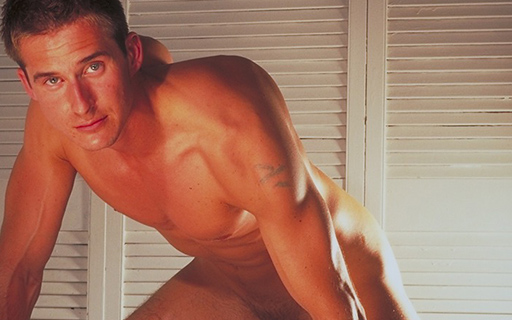
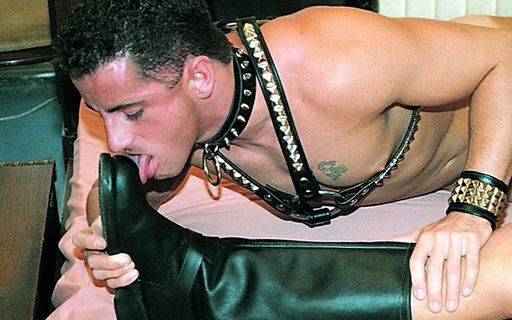

































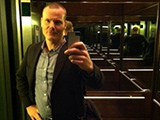






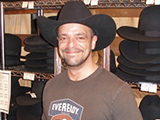




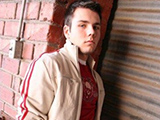






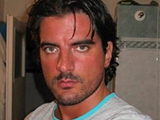








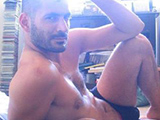






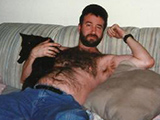





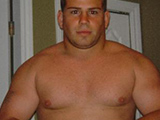

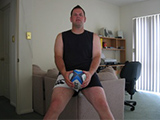
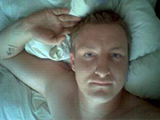
















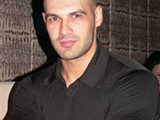
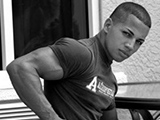





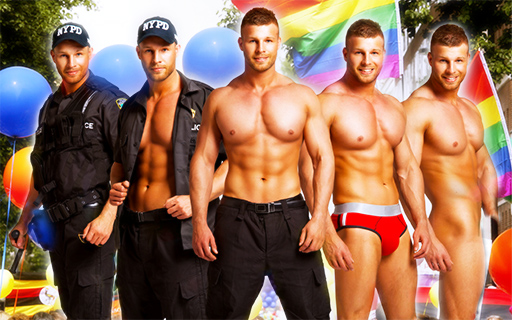

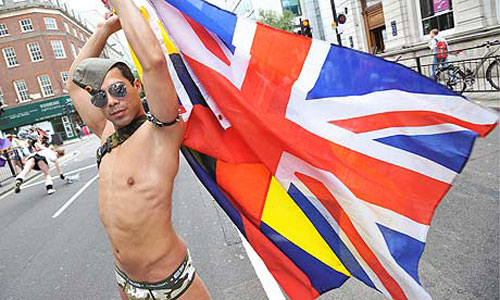
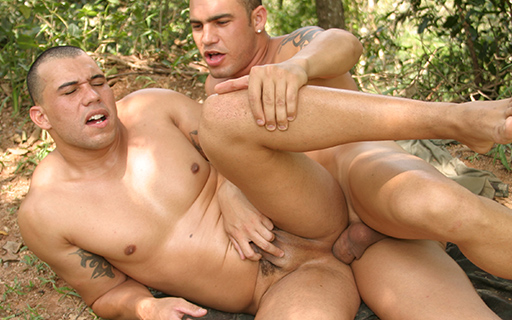



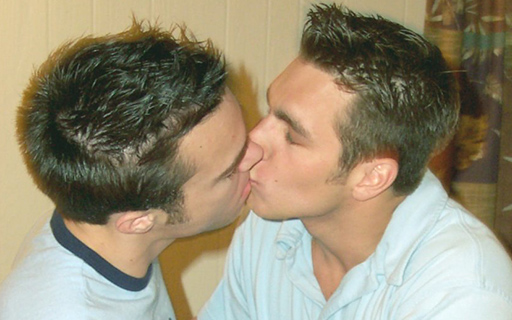
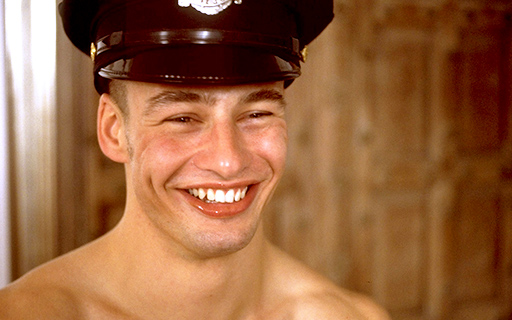
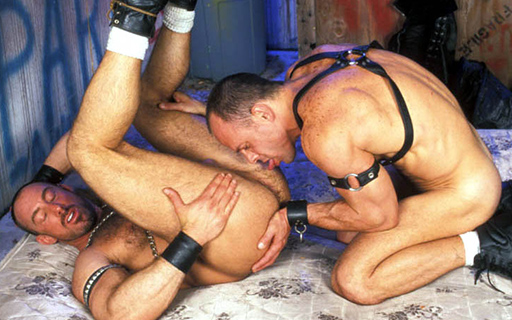
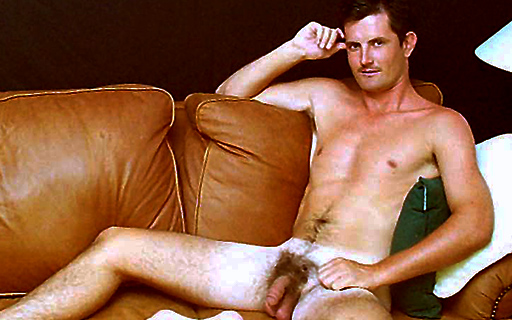
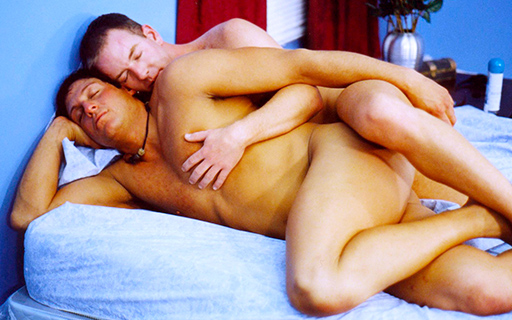
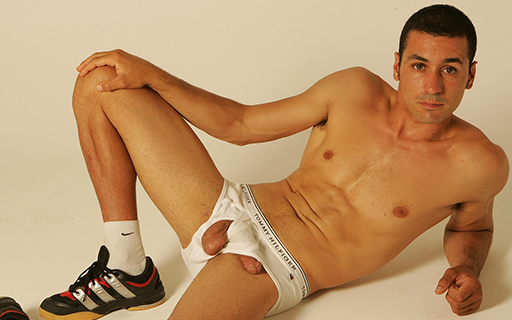
Comments